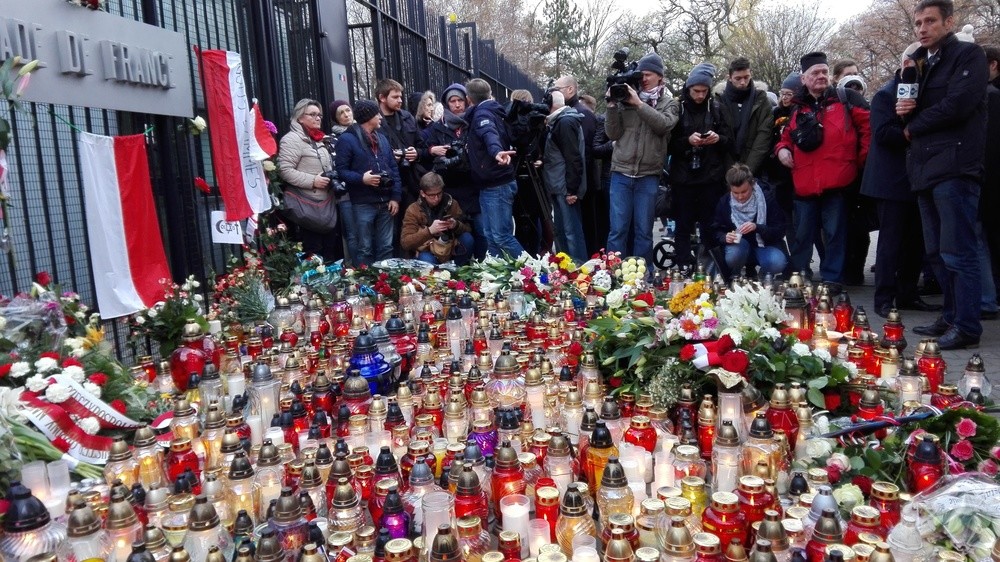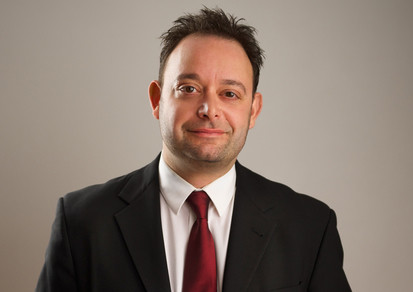Victims of terrorism have a plan
Belgium’s justice minister came in for a fair bit of stick this week over some injudicious observations regarding the Nov. 13 Islamist terrorist massacre in Paris.
“It’s no longer synagogues or the Jewish museums or police stations, it’s mass gatherings and public places,” said Koen Geens, as he tried to encapsulate the deadliest security dilemma that Europe has faced since the height of the Cold War.
Of all the obvious terrorist targets that Geens could have picked, he chose two that were distinctly Jewish among a list of three. To some ears, it sounded suspiciously like Geens was saying that terrorist attacks on Jews were atrocities that one could, with regret, live with, so long as they didn’t then spiral into similar attacks upon the broader populace.
As distasteful as some may have found Geens’s phrasing, in technical terms, this Belgian minister—a member of a government that must be smarting from continuing references to its territory as the “weakest link” in Europe’s battle with jihadi terror—is absolutely correct. With life in Brussels mothballed for several days by credible threats of a Paris-style assault in multiple locations, the Islamists have sent the unmistakable message that no mass gathering and no public place is safe. This, the Islamists know well, is how submission starts.
Yet picking a target in response is not as it easy as one might think. Islamic State is a monstrous perversion of everything that is human, but it is also the product of a broader context; one, chiefly, in which Russian, Iranian, and Turkish regional ambitions are now starting to clash. Everyone is fighting fake wars against Islamic State: the real goal of the Russians is to preserve the Bashar al-Assad regime in Damascus, the real goal of the Turks is to crush Kurdish aspirations for self-determination, and the real goal of the Iranians is to position themselves as the dominant power in the Muslim world.

 69.0°,
Partly Cloudy
69.0°,
Partly Cloudy 







